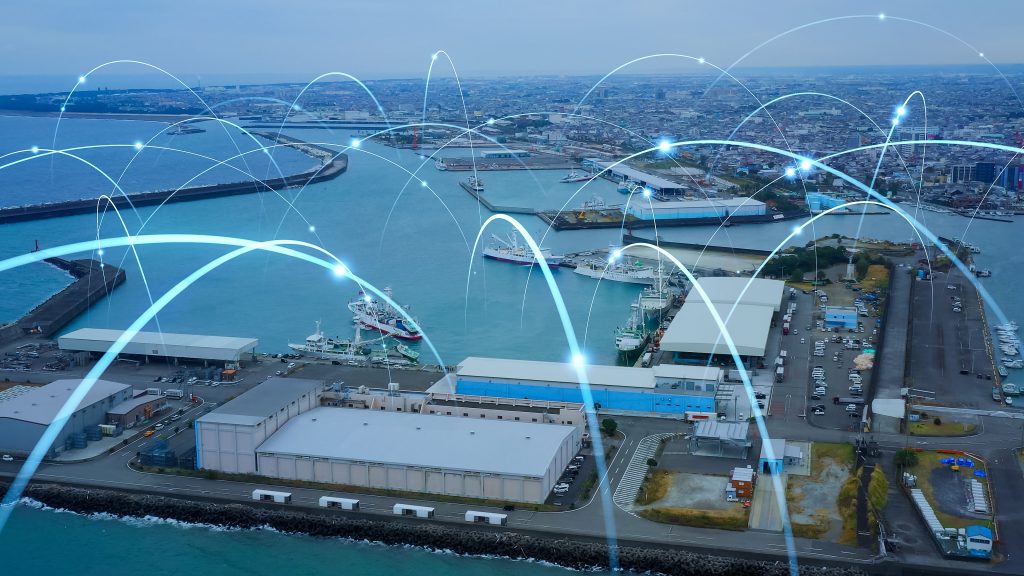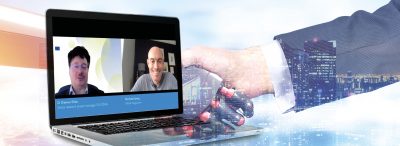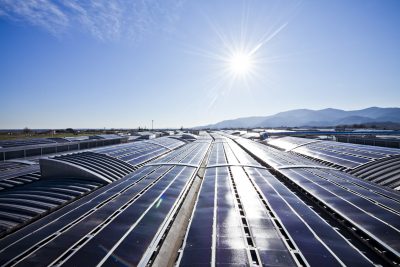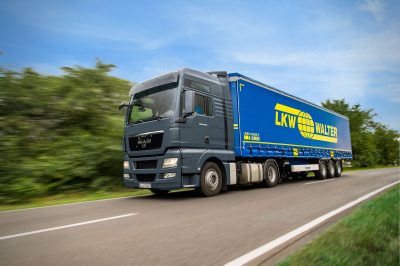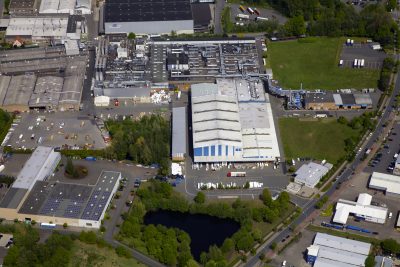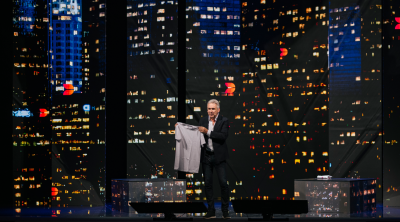CSR Europe’s Unlocking Impact with Supply Chain Due Diligence event in October 2023 addressed what is required to advance towards truly sustainable supply chains and generate positive impact. Future takes in the highlights from the event
Supply chain due diligence was the key topic of a forward-thinking sustainability open day hosted in October 2023 by the leading European business network for Corporate Sustainability and Responsibility (CSR) Europe. ‘Unlocking Impact with Supply Chain Due Diligence’, an online webinar, gathered sustainability professionals from different sectors across Europe to speak on how to ensure a positively impactful supply chain and the challenges that result.
“You have to implement sustainability into your core business practices,” said Stefen Crets, executive director of CSR Europe, adding that. “Alone, you can only do so much and at a certain cost.”
A key point of the conference was that building a sustainable business at all levels means tracing the supply chain right to its very roots. Checking Tier 1 suppliers, Crets said, is “easy”. What is more difficult is guaranteeing whether suppliers lower down the list, especially smaller businesses operating out of countries where environmental, social and governance (ESG) principles are not granted strong legal emphasis, comply with the vision being directed at the top.
“You have to implement sustainability into your core business practices. Alone, you can only do so much and at a certain cost”
Stefen Crets, CSR Europe
How to ensure a sustainable supply chain
One of the webinar’s principal speakers was Carlo Drauth, head of sustainability and responsible business at Spanish telecommunications company Telefónica, who outlined key steps their business had taken to ensure a sustainable supply chain.
Drauth stressed that the UN Guiding Principles on Business and Human Rights were a readily accessible touchstone for all seeking to improve company practice. He added that protecting the environment goes hand-in-hand with protecting human rights: by remaining ecologically sustainable, a company guarantees for future generations the right to water, to food, and to clean air.
Drauth went on to outline how Telefónica undertook thematic and local impact assessments to determine how developments such as Artificial Intelligence (AI) would affect the supply chain at all levels moving forward. Through this process Telefónica was able to identify 18 key issues, from cybersecurity to global warming, which necessitated their attention moving forward.
Other speakers, including Amélie Werbrouck from SES Satellites, Louis Watum from the Chamber of Mines, Laura Roger-Giuliani from Solvay, and Anneke von Woudenburg from Rights and Accountability In Development (RAID), noted the importance of discussing the severity and probability impact of these themes with internal and external stakeholders alongside experts.
Follow the spirit of the law, not the letter
Especially important is identifying, assessing, and auditing high-risk suppliers, though the panel agreed that it could be difficult to motivate them to enact change simply for its own sake. Carlo Drauth encouraged businesses to “follow the spirit of the law rather than the letter” and focus on broad strategies with maximum impact rather than quibbling over details.
After all, substantive sustainability action is the goal here rather than the endless generation of reports. Nevertheless, Stefan Crets concluded by noting that supply chain due diligence requires “continuous work” on the part of companies. One-off efforts are not enough if businesses want to protect their future and that of a healthy planet, he maintains.
Further details:
For more information about CSR Europe’s Unlocking Impact with Supply Chain Due Diligence event visit this link.
